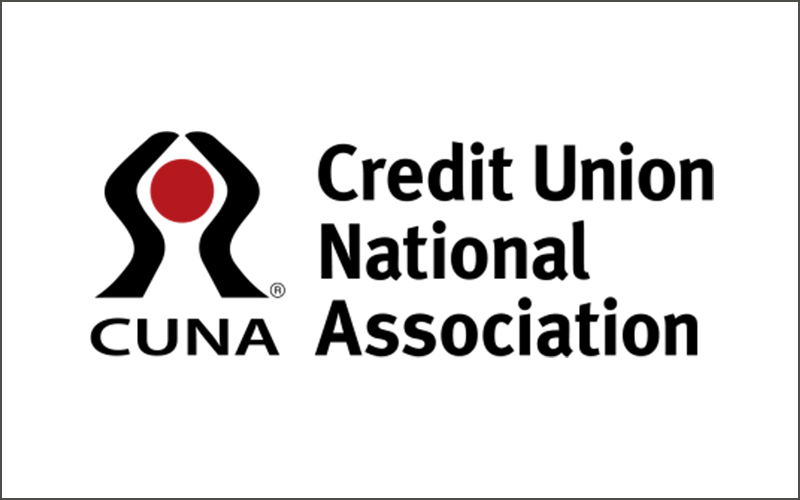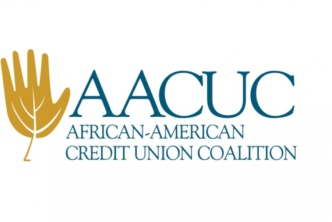The following message was sent to the Credit Union National Association (CUNA) on behalf of the Federal Housing Finance Agency (FHLB):
The FHFA regulations currently require FHLBanks to consider a credit union’s tangible capital in assessing its credit worthiness when considering a new advance to that credit union. The regulation currently prohibits making new advances to members with negative tangible capital unless the member’s federal banking agency or insurer makes a written request that the FHLBank do so.
- The regulation defines tangible capital as capital, calculated according to generally accepted accounting principles (GAAP), less “intangible assets.”
- This definition is out of step with the regulatory capital regimes established by NCUA and the other banking regulators.
The unique effects of the pandemic on the housing market and financial institutions’ balance sheets in combination with a rising rate environment, has increased the likelihood that many financial institutions may have negative tangible capital under this definition. However, this is not truly an indicator that these financial institutions are not creditworthy. The FHLBanks already engage in a rigorous credit review process, but, unfortunately, this bright line regulatory requirement puts the onus on NCUA to verify the credit union is safe and sound before the advance can be issued. The FHFA’s requirement that the primary banking regulator request in writing that the FHLBank make an advance is a significant regulatory huddle that threatens to increase liquidity pressures across the system. We urge NCUA to ensure that the process to obtain a written request from NCUA is transparent, efficient, and as fast as possible. Further, we ask NCUA to communicate about this process with credit unions quickly to ensure that fact-finding about how to obtain a request does not contribute to unnecessary bottlenecks. If possible, NCUA should make a preemptive written request that the FHLBanks make advances to credit unions that can demonstrate their safety and soundness through reported metrics, such as their capitalization category. This would ensure that NCUA could spend time considering issuing written requests only for those credit unions that might be actual borderline cases.
We also would encourage the NCUA to work with the FHFA to waive the regulatory requirement for the FHLBanks to treat negative tangible equity as a disqualifying metric of credit worthiness when considering new advances to members. This will reduce the burden on the FHLBanks and NCUA. It will also ensure that credit unions maintain timely and reliable access to liquidity to serve the housing needs of their members and community, as is the mission of the FHLBank System.
In the longer term, we believe the FHFA should modify its requirements to be in alignment with the capital requirements set by the NCUA and other primary banking regulators when determining a credit union’s creditworthiness in connection with a new advance. The alignment of federal requirements will provide operational ease for NCUA, the FHLBanks, and credit unions. Further, it would reduce the likelihood of regulatory gaps and unintended consequences that result from different capital frameworks. We urge NCUA to support these reforms to avoid this kind of unnecessary regulatory bottleneck in the future.
For the full letter, click here.





